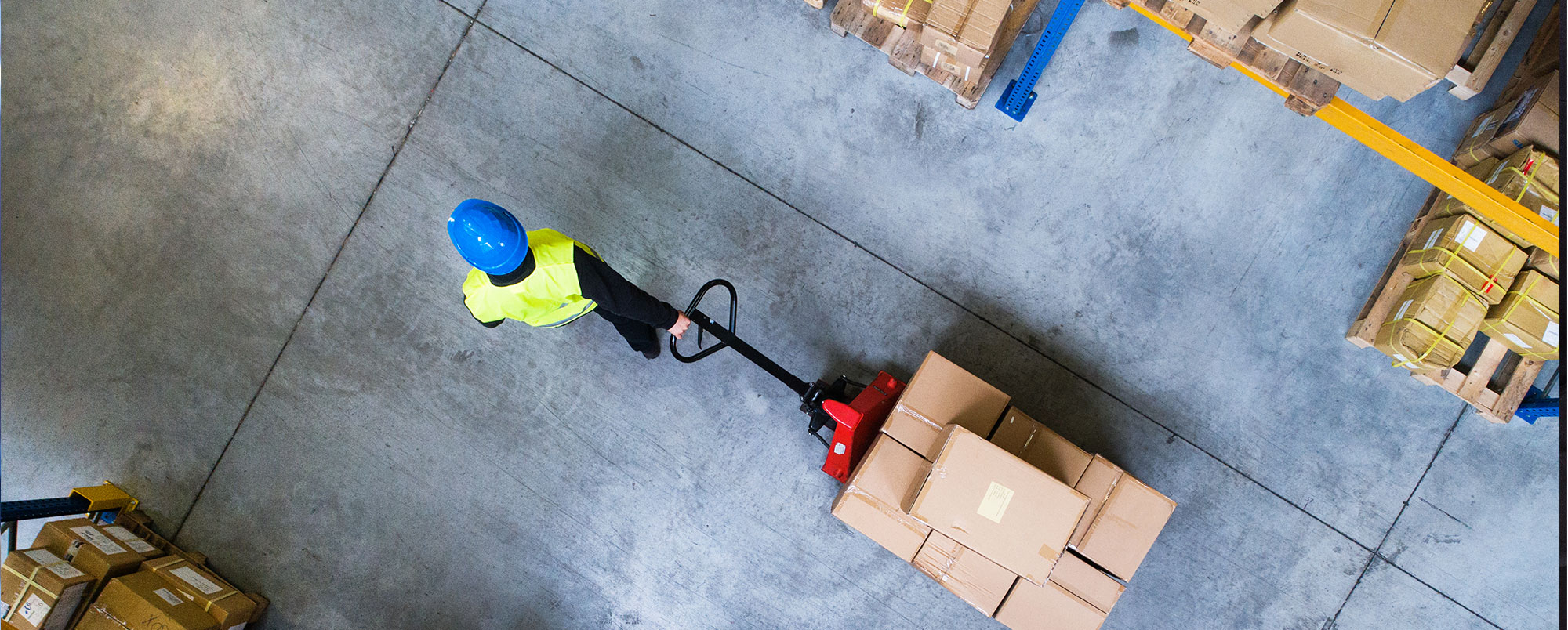As the world rebounds from the COVID-19 pandemic, many global managers are confronting a new normal rife with the prospect of slow growth for many years to come. Managing in this new era will be different – and much will rest on how willing we are to stray from our comfort zones and challenge the traditional ways of doing things.
Economic growth over the next several years will be uneven, with most western economies growing modestly, or not at all. At the same time, China, India and other developing economies would display more encouraging growth prospects in the long term. Moreover, competition will be intense and context of decision-making will need to be reexamined.
Globalisation to intensify and drive supply chain management of the future
Although the new era will be marked by increased protectionism, the trend towards further global integration will continue. It might slow down and certainly will change. This “next billion” market – which will be intensely contested — will be among the rare growth opportunities ahead. The rapidly developing economies also will spawn a new generation of competitors, or global challengers. Building on their cost advantage and growing technological capabilities, these global challengers will increase the competitive pressures they exert on established brands.
Factors that will shape the new normal for global supply chains
- Outsourcing: Many companies will reconsider their outsourcing strategies. For several decades there has been outsourcing of manufacturing to low cost geographies but as the pandemic resulted in production facility closures in foreign countries, there has been some sentiment to bring back this work into domestic locations. The reality however is that every country has been impacted to some degree so changing outsourcing plans will not prevent further impacts. “While outsourcing, businesses are giving greater consideration to end-to-end supply chain management solutions and services. Whether it is logistics, planning, procurement, or distribution for instance, it will work better for businesses to outsource some or all of these functions to firms that are industry experts in these areas” says V. Raju, Senior Vice President – CL – Chemicals Pharma and Food, AvvashyaCCI.
- Dual sourcing: The pandemic highlighted how single sourcing strategies or using raw materials or components manufactured by a single supplier, can shut down the entire supply chain if there is a disruption at that supplier’s end. So companies might consider establishing multiple sources across every aspect of their supply chain.
- Automation: When operations and business processes require human interaction to perform, lockdowns and social distancing which stop humans from working also bring those operations to a halt. In future, companies would fortify their supply chain management solutions with automation to reduce dependency on human operators. Robotics in manufacturing, autonomous vehicles for delivery of goods, replacing manual data entry, data collection and analysis with sensors, big data, predictive analytics and artificial intelligence are some possible ways forward.
- Strategic inventory planning: As Coronavirus continued to spread the overwhelming load on our healthcare systems became apparent. There was no sufficient PPE available and in addition, there was insufficient contingency planning to allow for the rapid expansion of manufacturing to create enough supply and inventory to meet exponentially increased demand. Aside from healthcare, most manufacturing companies did not have enough inventories of mission-critical raw materials to withstand extensive supply chain disruptions.
The focus on driving down inventory levels and increasing turnover, with no or insufficient safety stocks of critical items is likely to shift and make way for more strategic planning that takes into account the possibilities of such unprecedented events in future. With a team of trained, expert professionals and experience across diverse industries contract logistics market leader like AvvashyaCCI can prove to be a perfect partner for businesses as they realign their supply chains. - E-commerce is no longer optional: With physical stores, restaurants and sales outlets completely shut many companies have lost all ability to sell their goods and products. E-commerce or online shopping on the other hand has flourished, significantly increasing the demand for scalable, flexible e-commerce logistics services that are the hallmark of e-commerce logistics expert AvvashyaCCI. Even with extended delivery times, higher prices, and more frequent stock-outs, operations continue unabated with many companies resorting to curb-side pickup, or fulfillment from within stores to sustain some level of business. Supply chains of the future will most likely be driven by a reliance on e-commerce and marked move towards leveraging digital tools and technology to the maximum potential.
Developing resilience through supply chain management and logistics
Along with rapid globalization and low-cost competition from companies based in fast-developing countries, businesses will also need to recalibrate the importance of government relations, as government becomes more involved in purchasing and economic decision-making. Business supply chains will need to align with changing customer behaviors, attitudes and expectations.
“Heightened government standards will become the norm and it will be important for business supply chains in the new normal to build and develop resilience through a number of aspects like digitization in supply chain management, improved visibility, increased flexibility, effective communication, workforce support across levels and responsible leadership”, concludes V. Raju, Senior Vice President – CL – Chemicals Pharma and Food, AvvashyaCCI.














